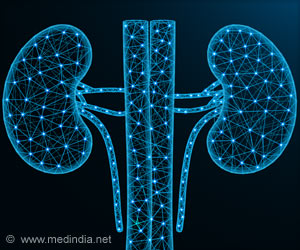
Chronic Kidney Disease (CKD) ranks as the 8th leading cause of death and 10th leading cause of disability globally, annually accounting for a loss of 16 to 32 healthy years of life. The WHO’s Global report on kidney disease, the 2023 ISN-GKHA, //underscores that among the estimated 850 million affected by CKD worldwide, people of all ages and backgrounds are at risk, particularly those from disadvantaged populations.
Kidney disease prevalence ranges from 8% to 10%, straining healthcare systems worldwide. Challenges encompass financing, training, resource allocation, and information system strengthening, creating considerable hurdles for nations globally. Despite being a global concern, CKD disproportionately affects individuals in lower-middle-income countries.
Advancing Universal Health Coverage (UHC) by 2030: Elevating Kidney Health as a Vital Pillar
In recent years, the pursuit of Universal Health Coverage (UHC) by 2030 has gained momentum globally, aiming for inclusive health for all. Prioritizing kidney health within this vision is crucial to demonstrating commitment to equitable health. Achieving this goal demands robust healthcare systems that emphasize prevention and accessible treatment for all, with kidney health playing a pivotal role.
Advertisement
Addressing kidney disease under this vision necessitates strategies to heighten awareness, implement “high-risk” screening programs, enhance technology and drug accessibility, and slow disease progression. Comprehensive kidney healthcare delivery is hindered by resource scarcity, inadequate infrastructure, and socioeconomic factors, particularly in low and middle-income countries.
To attain Universal Health Coverage by 2030, the following steps are imperative:
-
Preventive Measures: Advocating lifestyle changes through education, screenings, and early detection is crucial in CKD prevention. - Accessible Care: Integrating kidney health services into primary care ensures early diagnosis and intervention initiation.
- Innovative Technologies: Utilizing telemedicine and AI diagnostics bridges geographical gaps, enhancing healthcare access, especially in remote regions.
- Collaborative Efforts: Collaborations among governments, healthcare organizations, and NGOs drive sustainable solutions and global best practice sharing.
By focusing on healthcare accessibility, particularly in kidney health, these steps pave the way for a healthier, more equitable world.
Source-Medindia



